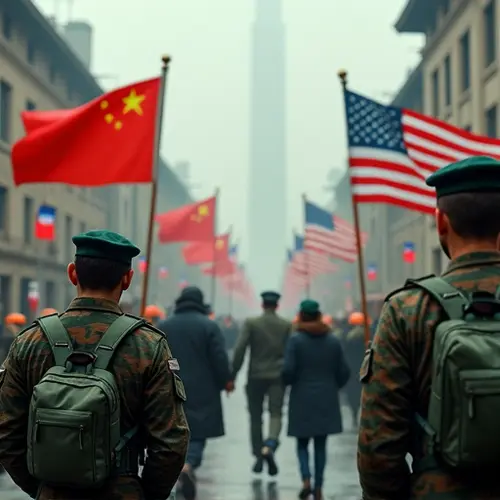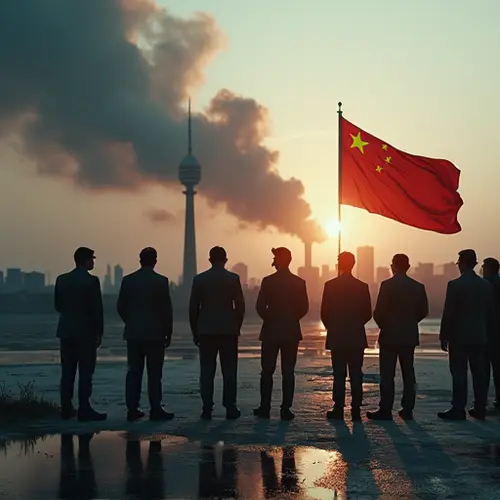
The geopolitical landscape between China and the United States has grown increasingly tense, with analysts warning of a potential new Cold War. The relationship, once marked by economic interdependence, is now defined by strategic competition, military buildup in the Pacific, and escalating trade disputes.
Historically, the US and China have navigated a complex relationship since the establishment of the People's Republic of China in 1949. The normalization of relations in the 1970s brought hope for cooperation, but persistent disputes over Taiwan, trade imbalances, and territorial claims in the South China Sea have kept tensions high.
Recent years have seen a sharp downturn in relations, particularly under the leadership of Chinese President Xi Jinping and former US President Donald Trump. The Trump administration's trade wars and the Biden administration's focus on human rights and technology restrictions have further strained ties.
Military posturing in the Pacific, including China's aggressive expansion in the South China Sea and the US's increased naval presence, has raised concerns about a potential conflict. Both nations are investing heavily in advanced military technologies, further fueling the arms race.
Economically, the two superpowers remain deeply interconnected, with China being the US's largest trading partner. However, decoupling efforts, particularly in technology and supply chains, signal a shift toward economic separation.
Experts argue that while a full-scale Cold War is not inevitable, the current trajectory suggests a prolonged period of strategic rivalry. Diplomatic efforts, such as climate cooperation, offer a glimmer of hope, but the underlying tensions remain unresolved.

 Nederlands
Nederlands
 English
English
 French
French
 Deutsch
Deutsch
 Espaniol
Espaniol
 Portugese
Portugese









